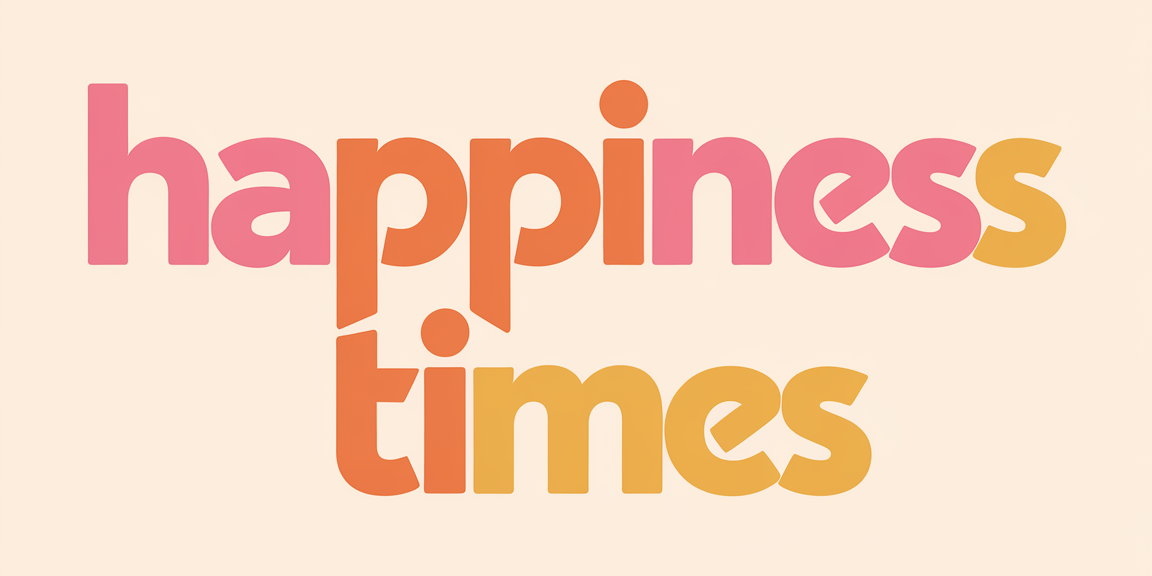Happiness might feel like a mystery, but science has been working hard to crack the code. While there’s no magic formula, research shows that certain habits, mindsets, and even biological factors play a big role in how happy we feel. The good news? Many of these things are within your control. If you’ve ever wondered why some people seem naturally happier or how you can boost your own joy, here’s what science has to say.
Your Brain Loves Happy Chemicals
Happiness isn’t just a feeling—it’s a chemical reaction. Dopamine, serotonin, oxytocin, and endorphins are the main players in making us feel good. Exercise, social connection, and small wins can trigger these chemicals, giving your brain little bursts of happiness. The best part? You can hack this system by building habits that keep these feel-good chemicals flowing.
Money Can Buy Happiness but Only Up to a Point
Having enough money to cover your basic needs and reduce stress can increase happiness, but after a certain income level, the effect levels off. Studies show that once you’re financially stable, extra cash doesn’t make a huge difference. Experiences, meaningful relationships, and a sense of purpose bring far more lasting joy than material things.
Gratitude Is Like a Happiness Cheat Code
One of the simplest ways to feel happier is to practice gratitude. Research shows that people who regularly reflect on what they’re thankful for have lower stress levels and higher overall happiness. Whether it’s keeping a gratitude journal or just taking a moment to appreciate the little things, focusing on the good can shift your mindset in a powerful way.
Social Connections Matter More Than You Think
Humans are wired for connection, and strong relationships are one of the biggest predictors of happiness. It’s not about having tons of friends but about having meaningful ones. Spending quality time with loved ones, staying connected, and surrounding yourself with positive people can boost happiness more than almost anything else.
Acts of Kindness Make You Happier
Being kind isn’t just good for others—it’s good for you too. Studies show that doing something nice for someone else releases feel-good chemicals in your brain. Whether it’s buying coffee for a stranger, volunteering, or just offering a genuine compliment, small acts of kindness can give you a surprising happiness boost.
Exercise Is a Natural Mood Booster
Moving your body isn’t just good for your physical health—it’s one of the best ways to lift your mood. Exercise releases endorphins, which are basically natural painkillers and stress relievers. You don’t have to run a marathon to feel the effects. Even a quick walk or some stretching can do the trick.
Sleep and Happiness Go Hand in Hand
Skimping on sleep makes everything harder, including feeling happy. Lack of sleep can mess with your mood, increase stress, and make small problems feel way bigger than they are. Prioritizing rest helps regulate emotions and keeps your brain functioning at its best. In short, well-rested you is a much happier you.
Nature Is a Happiness Booster
Spending time in nature has been shown to lower stress, improve mood, and even boost creativity. Whether it’s a walk in the park, a hike in the mountains, or just sitting outside in the sun, being in natural surroundings has a calming effect on the brain. Plus, fresh air and sunshine never hurt.
Mindfulness Actually Works
Being present in the moment is one of the simplest ways to feel more content. Mindfulness helps reduce overthinking, anxiety, and stress by focusing on what’s happening right now instead of worrying about the past or future. Meditation, deep breathing, or even just paying more attention to daily activities can help train your brain to stay present.
Happiness Is a Skill You Can Build
Some people seem naturally happier than others, but the good news is that happiness isn’t just luck—it’s something you can work on. Just like any other skill, practicing positive habits and shifting your mindset can make a big difference over time. The more you focus on the things that boost happiness, the easier it gets to feel good more often.
Science may not have all the answers, but it does tell us that happiness isn’t as random as it seems. By understanding how our brains work and making small changes, we can set ourselves up for a happier, more fulfilling life—no magic required.


